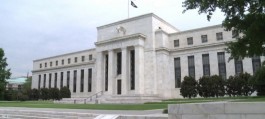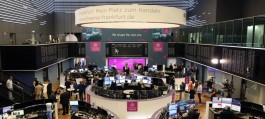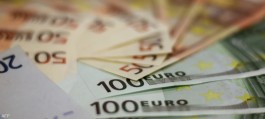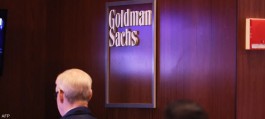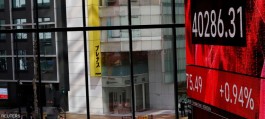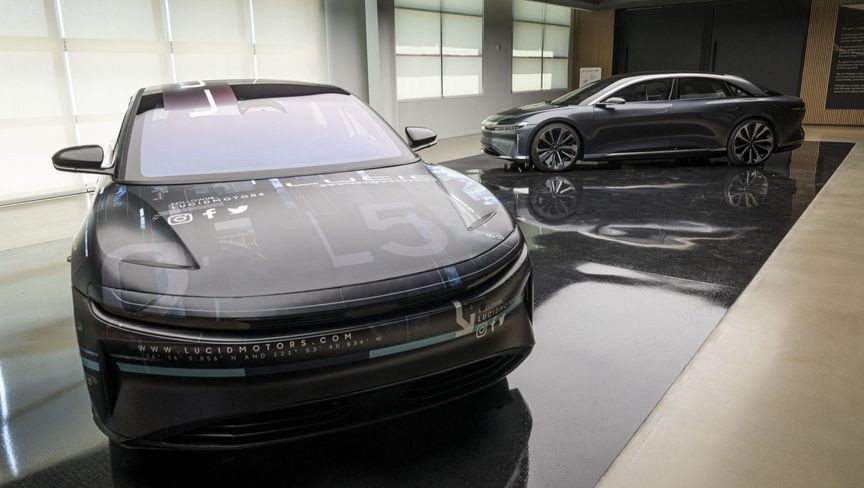Lucid has launched a series of incentives in Saudi Arabia to increase demand for its electric cars, at a time when the global market is suffering from slowing demand.
The incentive package includes flexible payment solutions, through which customers can pay half the price of the car upon purchase, with payment options for the remaining amount being provided, according to a statement issued by the company, in addition to the cancellation of the value-added tax on sales of the 2023 Grand Touring models. The value-added tax in the Kingdom is 15%.
This step comes within the framework of boosting sales in the Kingdom’s markets, especially since they are still in the growth phase, given that Saudi Arabia imported only 779 electric cars during the past year.
A recent study by PwC Middle East, a research and consulting firm, indicated that electric car sales in the Kingdom’s market currently do not exceed 1.5% of total car sales, but it is expected to reach 65% in 2035.
Last September, Lucid opened its first car manufacturing facility in Saudi Arabia, an assembly plant near Jeddah. The plant is targeting a production capacity of 155,000 vehicles per year, and last year delivered about 800 cars.
Lucid currently produces electric vehicle parts at its Casa Grande, Ariz., factory, and ships them to the King Abdullah Economic City facility for final assembly. The automaker plans to begin full vehicle production there in the second half of the decade.
Slowing demand and price war
In the broader market, the electric car sector is witnessing a slowdown in demand worldwide, which prompted Tesla, the world's largest electric car manufacturer, to launch a price war in China to boost its market share against competitors there, in the world's largest market for these cars.
Lucid, whose largest shareholder is Saudi Arabia’s Public Investment Fund, which owns about 60% of the company, has struggled since its public offering in 2021. The automaker lost 30 cents per share in the first quarter, according to a company statement, which was larger than the 25-cent loss expected on average in analyst estimates compiled by Bloomberg. But revenue of $173 million was above expectations.

















